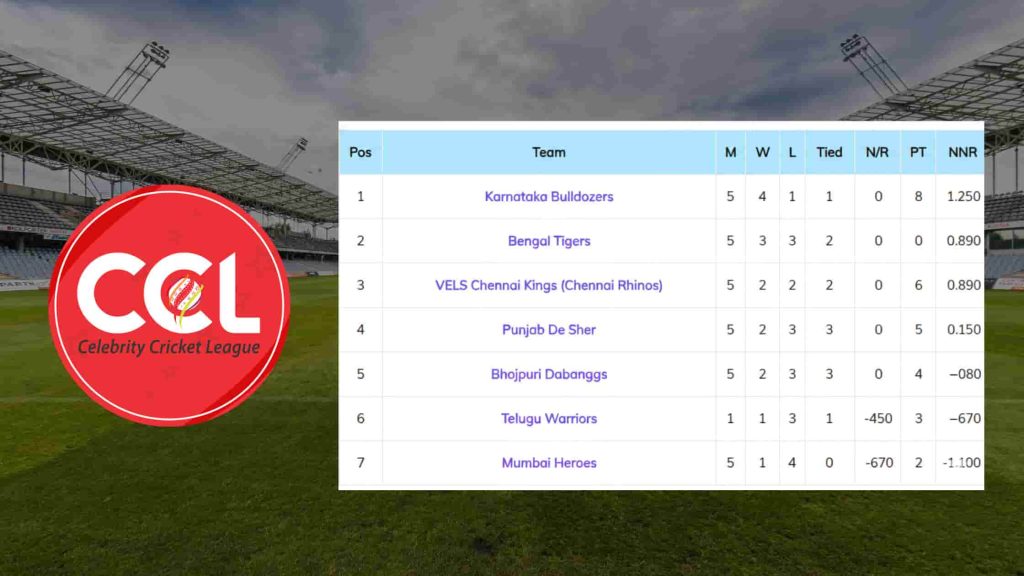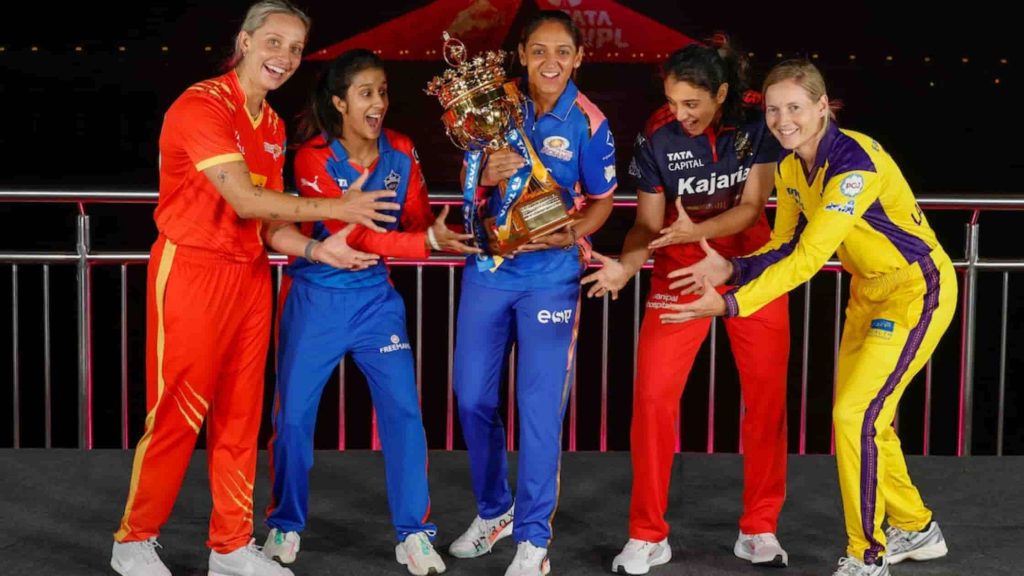India’s passion for sports runs deep, particularly for cricket during the IPL season. Yet many fans wonder: can you legally place bets on your favourite teams?
It’s not an easy answer, however, to be honest, in India, sports betting is governed by a complicated web of state-specific laws, out-of-date colonial laws, and new digital regulations.
Scraping through all that we know about sports betting and its legality in India, this guide explains the risks associated with sports betting in various Indian states, as well as useful tips to stay compliant.
Sports Betting Legality In India: Critical Things To Know
Here are the key facts you need to know about the legal landscape of sports betting in India.
- Sports betting remains illegal mainly under central Indian laws
- Horse racing betting is the only widely accepted legal exception
- Online betting platforms exist in regulatory grey areas
- Cricket betting, despite its popularity, lacks official legal status
- State laws vary significantly, with some offering limited licenses
- The recent IT Rules 2023 have introduced new compliance requirements
Is Sports Betting Legal in India?
Sports betting is not legally permitted in most Indian states, governed primarily by the Public Gambling Act of 1867.
This colonial-era legislation prohibits operating and visiting gambling houses but doesn’t explicitly address online betting.

Horse racing remains the notable exception, recognised as a skill-based activity. Most online sports betting platforms operate without official Indian recognition, creating legal uncertainty for users.
Legal Framework for Sports Betting in India
India’s approach to sports betting regulation stems from outdated legislation that predates digital gambling.
The Public Gambling Act of 1867 serves as the primary central law, but individual states hold constitutional authority over gambling regulations.

Parliament has the competence to enact comprehensive gambling laws, with recommendations that licensed operators should be India-based.
Courts distinguish between skill-based games and chance-based gambling, with sports betting typically classified as a chance-dependent activity.
Notable Case Laws Defining Online Gaming Legality
Indian courts have established crucial precedents distinguishing skill-based gaming from gambling.
Varun Gumber v. Union Territory of Chandigarh (2017), the Punjab and Haryana High Court validated Dream11’s operations, ruling fantasy sports as skill-based platforms rather than gambling.
Galactus Funware Technology v. State of Karnataka (2022) saw the Karnataka High Court strike down state amendments banning online games for money, citing constitutional violations.
These landmark judgments confirmed that skill-based online gaming enjoys legal protection under Indian law.
Are Online Sports Betting Sites Legal in India?
Online betting is not explicitly illegal when using offshore licensed betting sites, though this creates regulatory ambiguity.
operate in jurisdictions outside Indian legal enforcement, creating ambiguity and potential user risk.

However, some states, such as Telangana and Andhra Pradesh, have banned all online gambling for Indians, with violations punishable by up to one year in prison. Users may face penalties under both financial regulations and local state laws.
State-Wise Laws on Online Gaming and Betting in India
State legislatures have exclusive authority over gambling regulations, resulting in diverse legal landscapes across India.
This constitutional arrangement creates a patchwork of laws ranging from progressive licensing frameworks to complete prohibitions on real-money gaming.
Maharashtra
Maharashtra operates under the Bombay Prevention of Gambling Act, 1887, which broadly prohibits gambling activities.
This pre-digital legislation doesn’t explicitly address online gaming, creating regulatory ambiguity.
The state hasn’t established clear guidelines for internet-based betting, leaving residents uncertain about legal compliance for online sports betting activities.
Tamil Nadu
Tamil Nadu governs gaming through the Tamil Nadu Gaming Act, 1930, and City Police Gaming Rules, 1949.
The state recently intensified efforts to ban online real-money games, including rummy and poker, citing concerns about player addiction and financial distress among residents.
These restrictions reflect growing state-level anxiety about digital gambling’s social impact.
Sikkim
Sikkim pioneered progressive online gaming regulation with the Sikkim Online Gaming (Regulation) Act, 2008, enabling licensed operations for both skill and chance-based games.
However, subsequent amendments have restricted platform access to within state boundaries, limiting the practical scope of these licenses for broader Indian operations.
Nagaland
Nagaland adopted forward-thinking legislation through the Nagaland Prohibition of Gaming and Promotion and Regulation of Online Games of Skill Rules, 2016.
This framework clearly separates skill-based games from chance-based gambling, offering licenses for fantasy sports, rummy, and poker, provided operators demonstrate skill-based gameplay mechanics.
Taxation on Sports Betting in India
Here’s how various taxes apply to sports betting in India, from income tax on winnings to digital and indirect taxes on platforms.
Income Tax
Betting winnings face substantial taxation at 30% under Section 115BB of the Income Tax Act.
This applies to all gambling proceeds, including sports betting, lottery winnings, and casino earnings.
The tax is deducted at source, meaning platforms must withhold taxes before paying winners.
Equalisation Levy
Offshore betting platforms providing services to Indian users face equalisation levy obligations.
This digital tax targets foreign companies earning revenue from Indian customers, applying to advertising, subscription services, and betting platforms operating without permanent Indian establishments.
GST
A flat 28% Goods and Services Tax applies to all betting and gambling services under Indian law.
This includes entry fees, platform charges, and associated services. The high GST rate reflects the government’s policy stance of discouraging gambling activities through taxation.
Most Popular Sports for Betting in India
These are the most bet-on sports in India, with cricket leading the way, followed by football and legally sanctioned horse racing.
Cricket
Cricket dominates Indian sports betting, with unofficial wagering on IPL matches and international tournaments reaching massive volumes.

Despite widespread participation, cricket betting lacks legal recognition, creating risks for participants.
The sport’s cultural significance drives enormous underground betting markets.
Football (Soccer)
European leagues like EPL and La Liga attract significant Indian betting interest, alongside FIFA World Cup events.
Football betting has grown substantially with increased television coverage and Indian Super League.
International tournaments generate particularly high betting volumes among Indian users.
Horse Racing
Horse racing represents the only widely legal form of sports betting in India, recognised as a skill-based activity.

Licensed racecourses operate betting facilities, with established regulatory frameworks ensuring consumer protection.
This legal status makes horse racing betting the safest option for Indian bettors.
Kabaddi & Tennis
Pro Kabaddi League and international tennis tournaments are gaining traction on platforms like Betway and Bet365.
These sports benefit from growing Indian viewership and perceived betting opportunities.

However, they remain subject to the same legal uncertainties as other sports betting activities.
Latest Legal Changes in India’s Online Gaming Regulations
The IT Amendment Rules 2023, effective from April 6, 2023, introduced comprehensive online gaming regulations.
These rules classify games into wagering and non-wagering categories, enabling targeted regulation approaches.
Online gaming platforms can only host real money games verified by self-regulatory bodies and cannot host games causing “harm”.

Self-regulatory bodies must vet games for legal compliance, while platforms require robust due diligence procedures.
The rules mandate protection against addiction, deceptive practices, and harmful content.
Advertising must be transparent and truthful, with special protections for minors. These changes represent India’s first comprehensive attempt at regulating the digital gaming sector.
Tips for Safe and Responsible Sports Betting
Follow these essential tips to stay safe, legal, and responsible while engaging in sports betting in India.
- Research your state’s specific gambling laws before placing any bets
- Avoid offshore platforms without clear legal recognition in India
- Use only trusted payment methods that comply with Indian financial regulations
- Establish strict personal loss limits before engaging in any betting activity
- Stay informed about evolving state and central government regulations
- Consider legal alternatives like skill-based fantasy sports platforms
- Never treat betting as a reliable income source or investment strategy
Related Reads:
Conclusion: Sports Betting Is Mostly Illegal In India, With Horse Racing As A Rare Exception!
Sports betting in India remains predominantly illegal under current central and state laws, with horse racing serving as the primary legal exception.
Cricket betting, despite massive popularity, lacks official legal status and can result in legal consequences.
As of 2025, cricket betting continues to exist in a legal grey area, shaped by outdated national legislation.
The online betting landscape operates in regulatory uncertainty, with foreign platforms exploiting jurisdictional loopholes while posing legal risks to Indian users.
Before engaging in any betting activity, thoroughly research local laws, avoid unlicensed platforms, and consider legal alternatives like skill-based fantasy sports wherever it is legal.
FAQs
No, cricket betting is not officially legal under current Indian laws, despite its widespread popularity.
Yes, horse racing is considered a skill-based activity and remains legal in most Indian states with proper licensing.
These platforms operate from overseas jurisdictions and remain unregulated in India, creating potential legal risks for users, and may be blocked or restricted by state-level cybercrime cells or ISPs in states where betting is prohibited.
Currently, only Sikkim offers limited licensed online sports betting, though access is restricted to within state boundaries.
No, Dream11 is classified as a skill-based fantasy sports platform, which is legal in most Indian states, unlike traditional sports betting.








